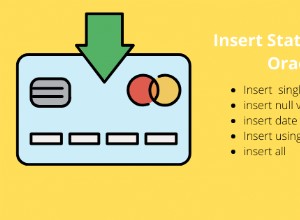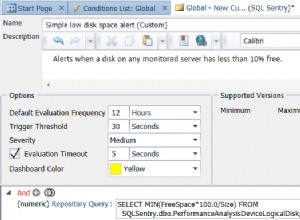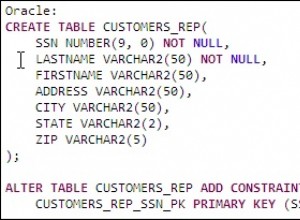Vous pouvez commencer avec cette fonction de conversion, substituer un strsplit plus rapide et utilisez readBin sur le résultat :
byteArray <- "\\xffff00000100020003000400050006000700080009000a00"
## Split a long string into a a vector of character pairs
Rcpp::cppFunction( code = '
CharacterVector strsplit2(const std::string& hex) {
unsigned int length = hex.length()/2;
CharacterVector res(length);
for (unsigned int i = 0; i < length; ++i) {
res(i) = hex.substr(2*i, 2);
}
return res;
}')
## A function to convert one string to an array of raw
f <- function(x) {
## Split a long string into a a vector of character pairs
x <- strsplit2(x)
## Remove the first element, "\\x"
x <- x[-1]
## Complete the conversion
as.raw(as.hexmode(x))
}
raw <- f(byteArray)
# int16
readBin(con = raw,
what = "integer",
n = length(raw) / 2,
size = 2,
signed = TRUE,
endian = "little")
# -1 0 1 2 3 4 5 6 7 8 9 10
# uint16
readBin(con = raw,
what = "integer",
n = length(raw) / 2,
size = 2,
signed = FALSE,
endian = "little")
# 65535 0 1 2 3 4 5 6 7 8 9 10
# int32
readBin(con = raw,
what = "integer",
n = length(raw) / 4,
size = 4,
signed = TRUE,
endian = "little")
# 65535 131073 262147 393221 524295 655369
Cela ne fonctionnera pas pour uint32 et (u)int64 , cependant, puisque R utilise int32 intérieurement. Cependant, R peut également utiliser des numerics pour stocker des entiers inférieurs à 2^52. Nous pouvons donc utiliser ceci :
# uint32
byteArray <- "\\xffffffff0100020003000400050006000700080009000a00"
int32 <- readBin(con = f(byteArray),
what = "integer",
n = length(raw) / 4,
size = 4,
signed = TRUE,
endian = "little")
ifelse(int32 < 0, int32 + 2^32, int32)
# 4294967295 131073 262147 393221 524295 655369
Et pour gzip données compressées :
# gzip
byteArray <- "\\x1f8b080000000000000005c1870100200800209a56faffbd41d30dd3b285e37a52f9d033018818000000"
con <- gzcon(rawConnection(f(byteArray)))
readBin(con = con,
what = "integer",
n = length(raw) / 2,
size = 2,
signed = TRUE,
endian = "little")
close(con = con)
Puisqu'il s'agit d'une connexion réelle, nous devons nous assurer de la fermer.




